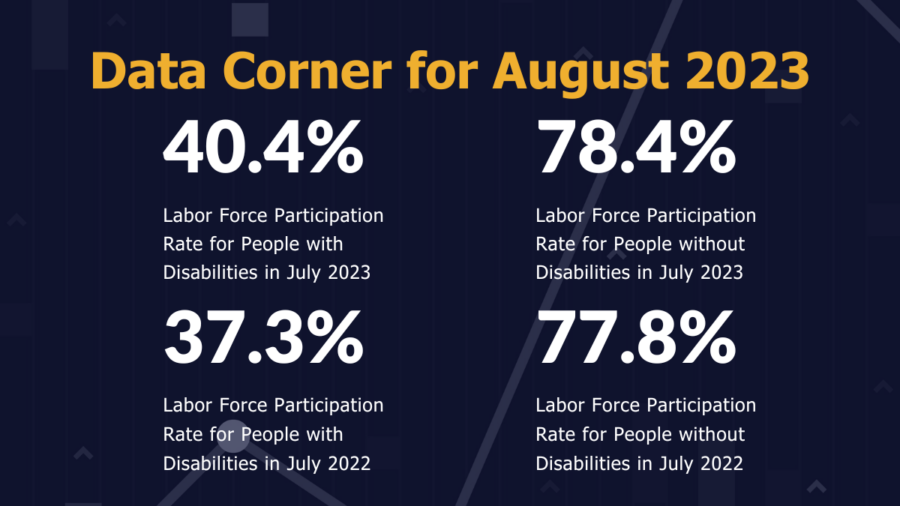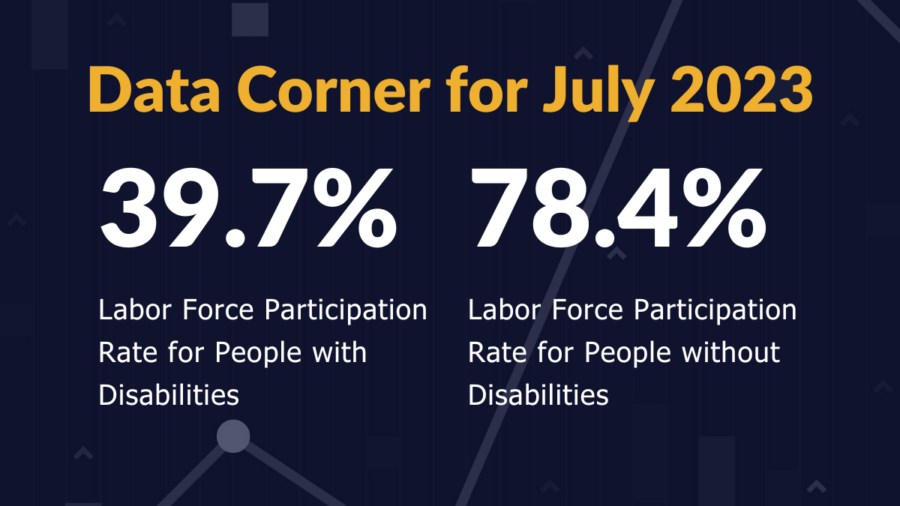Every year, the Rehabilitation Services Administration engages in a reallotment process for the Federal fiscal year, both for vocational rehabilitation funding and for the State Supported Employment Services (Supported Employment) program. This means that every year, even though there are tens of thousands of people going without services, unspent funds are moved from their original state of allocation to another state.
In supported employment alone, 13 state agencies relinquished almost $2.5 million in supported employment funds, up from under $2 million in FY 2022. The relinquishment means that for 13 populations, some of the unserved folks were unserved because their programs lacked the capacity to properly spend the funds to serve them. Learn whether your state agency is relinquishing funds in the chart below. Engage with the agencies in your state to learn what you can do to help, from writing to your state or federal politicians to mobilizing your local disability community. [continue reading…]





 Spotlight on Service Dogs
Spotlight on Service Dogs
 Advocating for the disability community takes our policy team all over the country and the Indianapolis State Capitol is only the latest stop for State Policy Manager Jimmy Fremgen!
Advocating for the disability community takes our policy team all over the country and the Indianapolis State Capitol is only the latest stop for State Policy Manager Jimmy Fremgen!






 In recognition of Pride Month, RespectAbility celebrates the diversity and positive impact the LGBTQ+ community adds to the United States. At the same time, we recognize that the data shows that full equity for the LGBTQ+ community in public life has yet to be achieved. This is of particular importance to the disability community, because there is tremendous intersection between the disability and LGBTQ+ communities.
In recognition of Pride Month, RespectAbility celebrates the diversity and positive impact the LGBTQ+ community adds to the United States. At the same time, we recognize that the data shows that full equity for the LGBTQ+ community in public life has yet to be achieved. This is of particular importance to the disability community, because there is tremendous intersection between the disability and LGBTQ+ communities.



